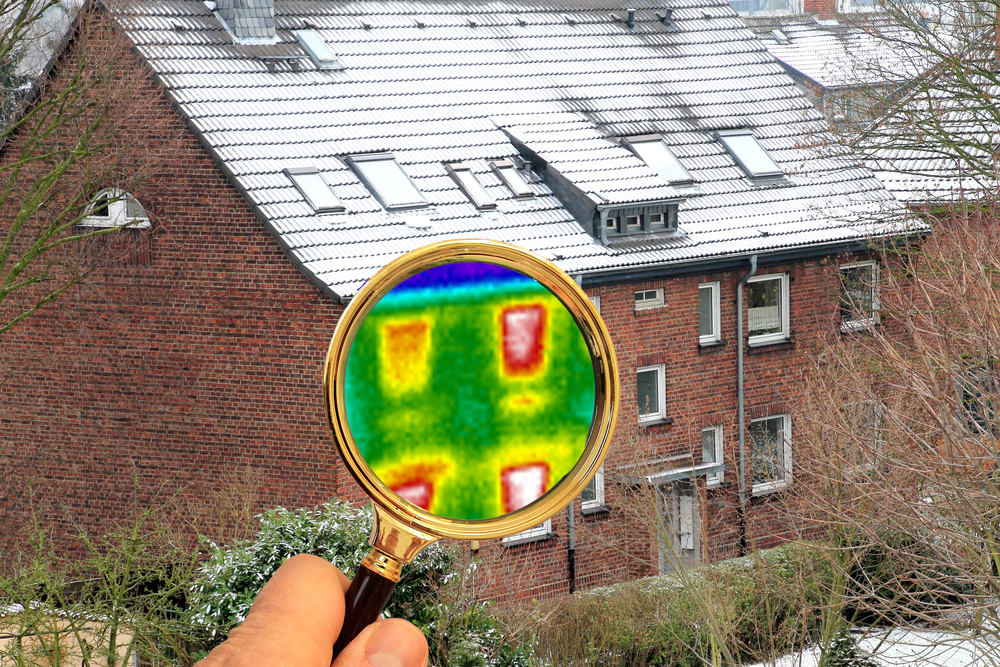Many people believe that the increase in the number of earthquakes in Oklahoma, among other states, over the last few years has been caused by changes in methods of oil exploration, particularly the use of water injection wells or hydraulic fracturing, better known as fracking. The situation has given rise to much debate, with valid arguments on both sides.
To protect property owners who buy earthquake insurance, on March 3 the Oklahoma Insurance Department released a bulletin to property and casualty insurance companies doing business in the state that addresses important issues surrounding earthquake coverage.
“We want to make sure everyone is clear on earthquake insurance,” said Oklahoma Insurance Commissioner John D. Doak in a statement. “Oklahomans need to know what they are buying. Insurers need to know my expectations regarding the interpretation of polices. And adjusters need to know how to evaluate an earthquake claim.”
The bulletin addresses the following issues in regard to earthquake insurance:
- “Man-Made” Earthquake Exclusion
- Preexisting Damage exclusion and
- Specialized Training of Earthquake Adjusters.
Exclusion of ‘Man-Made’ Damage
Earthquake policies insure against damage resulting from earth movement caused by:
- the natural faulting of land masses,
- convulsion of the earth’s surface caused by natural seismic forces, or
- displacement within the earth’s crust through the release of strain associated with tectonic processes.
Earthquake insurance generally excludes losses due, in whole or part, to any “Man-Made” cause such as construction, mining, oil and gas exploration and production. As the bulletin points out, “At present, there is no agreement at a scientific or governmental level concerning any connection between injection wells or fracking and ‘earthquakes’.”
The bulletin also pointed out that approximately 100 Oklahoma earthquake claims were filed in 2014 with only eight having been paid to date.
Doak is concerned that insurers could be denying claims based on “the unsupported belief” that these earthquakes were the result of fracking or injection well activity. If that were the case, the bulletin says, companies could expect the Department to take appropriate action to enforce the law. Doak is considering market conduct examinations to ascertain the facts surrounding what he calls the “extraordinary denial rate of earthquake claims that the preliminary data seems to indicate.”

Pre-Existing Damage
Earthquake policies exclude coverage of property damage that occurs before the effective date of the policy and after the policy is terminated. To help protect themselves from fraudulent claims, the bulletin says, insurers have a right to inspect the property as often as required to ascertain the condition of the property.
Because earthquake policies have a single covered event clause, insurers should maintain current knowledge of the insured property so they can apply deductibles correctly. If an insurer intends to deny a claim, asserting pre-existing damage, the insurer may have to demonstrate that it has inspected the property before the coverage began and maintained reasonably current information as to the condition of the insured property, before the loss.
As in the case of denials based on “Man-Made” earthquakes, the insurance commissioner is “considering market conduct examinations to ascertain the facts surrounding the extraordinary denial rate of earthquake claims that the preliminary data seems to indicate.”
Claims Adjusters
In the event of an earthquake, properly trained adjusters are “absolutely vital” to ensure that claims are properly handled, the bulletin says. Due to the differences and complexity of the coverage, when compared to traditional property insurance, claims adjusters need specific training in earthquake insurance. Doak expects insurers to “take steps to ensure that claims adjusters receive training as necessary” to address the concerns expressed previously.
Questions concerning any aspect of this bulletin should be directed to the Oklahoma Insurance Department, Mike Rhoads, Deputy Commissioner ([email protected] ) or Gordon C. Amini, Senior Attorney ([email protected] ) or by mail to the Oklahoma Insurance Department, Five Corporate Plaza, 3625 N.W. 56th St., Oklahoma City, OK 73112 Attn: Mike Rhoads, Deputy Commissioner or Gordon C. Amini, Senior Attorney.
Want to continue reading?
Become a Free PropertyCasualty360 Digital Reader
Your access to unlimited PropertyCasualty360 content isn’t changing.
Once you are an ALM digital member, you’ll receive:
- Breaking insurance news and analysis, on-site and via our newsletters and custom alerts
- Weekly Insurance Speak podcast featuring exclusive interviews with industry leaders
- Educational webcasts, white papers, and ebooks from industry thought leaders
- Critical converage of the employee benefits and financial advisory markets on our other ALM sites, BenefitsPRO and ThinkAdvisor
Already have an account? Sign In Now
© 2025 ALM Global, LLC, All Rights Reserved. Request academic re-use from www.copyright.com. All other uses, submit a request to [email protected]. For more information visit Asset & Logo Licensing.








